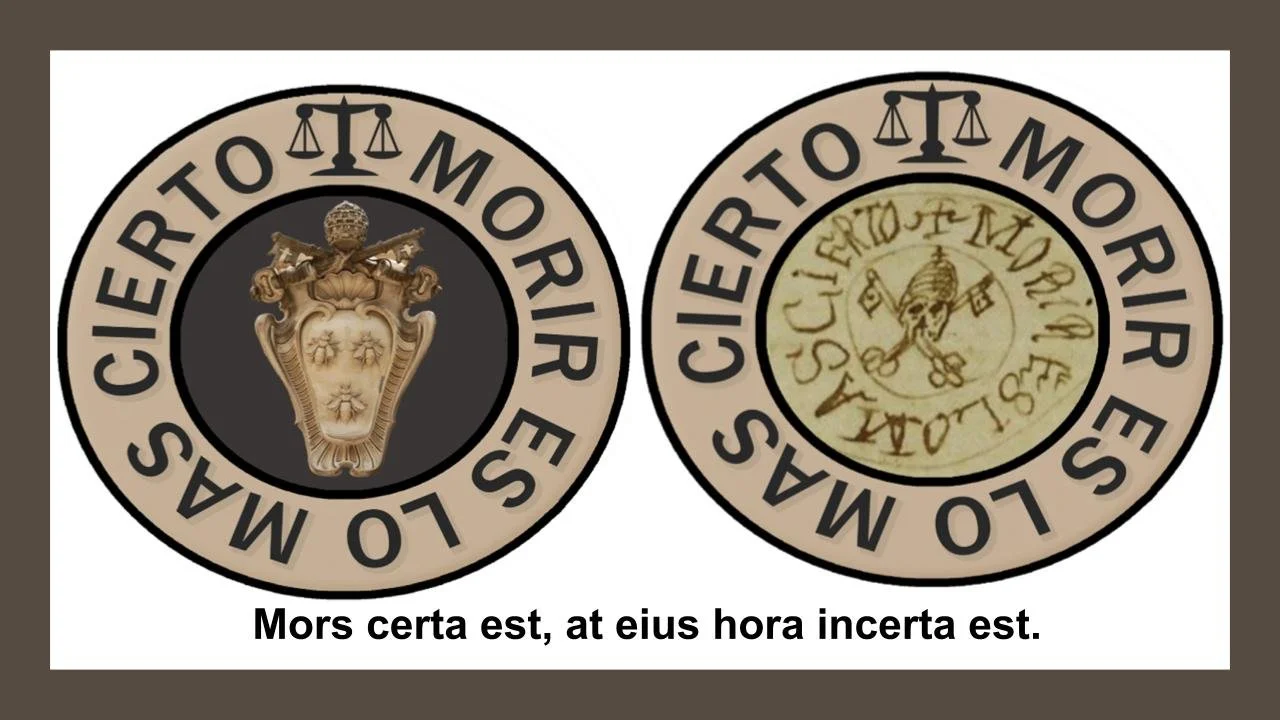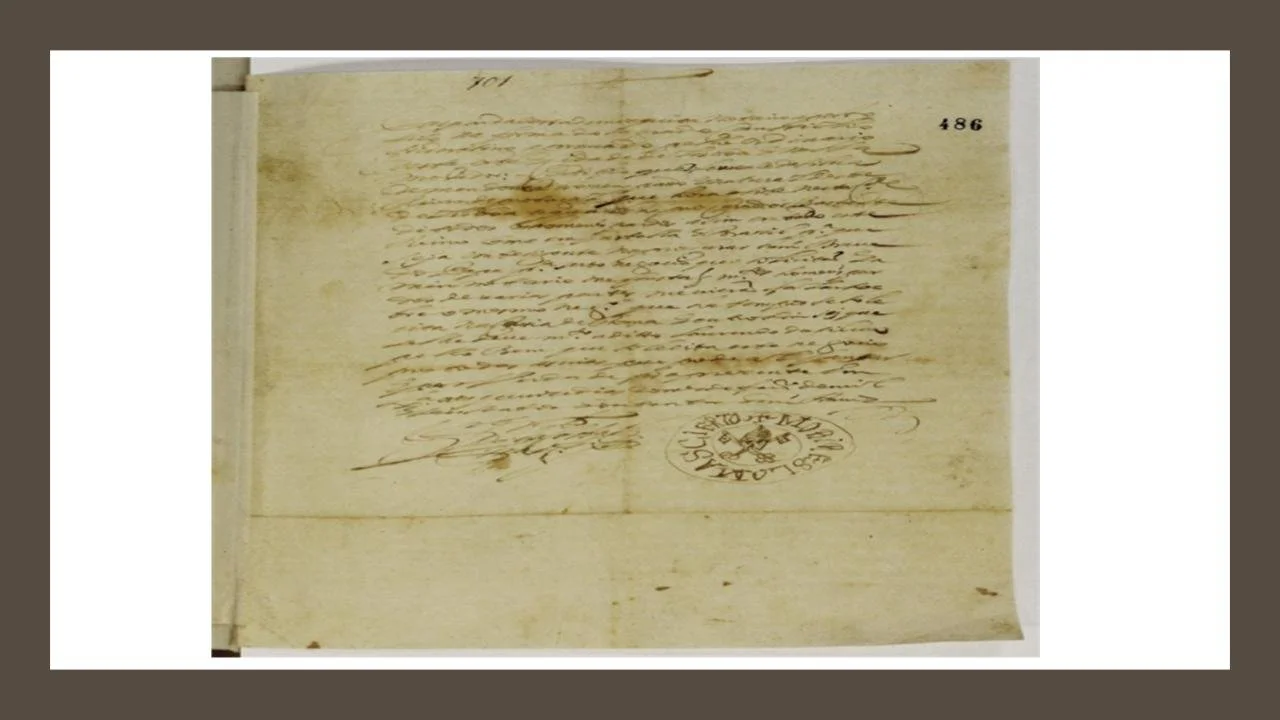This groundbreaking study tells the story of the highly organised, international legal court case for the abolition of slavery spearheaded by Prince Lourenço da Silva Mendonça in the seventeenth century.
The case, presented before the Vatican, called for the freedom of all enslaved people and other oppressed groups. This included New Christians (Jews converted to Christianity) and Indigenous Americans in the Atlantic World, and Black Christians from confraternities in Angola, Brazil, Portugal and Spain. Abolition debate is generally believed to have been dominated by white Europeans in the eighteenth century.
By centring African agency, José Lingna Nafafé offers a new perspective on the abolition movement, showing, for the first time, how the legal debate was begun not by Europeans, but by Africans. In the first book of its kind, Lingna Nafafé underscores the exceptionally complex nature of the African liberation struggle, and demystifies the common knowledge and accepted wisdom surrounding African slavery.
Seals of Lourenço da Silva Mendonça and The Black Abolitionist Movement
Morir es lo Mas Cierto - Death is the Most Certain
Mors certa est, at eius hora incerta est - Death is certain, but its hour is uncertain
Letter Lourenço da Silva Mendonça brought to the Vatican signed with the seal, Morir es lo Mas Cierto to describe the inhumane treatment of what Africans, Indigenous, and New Christians(Jews) endured throughout the Atlantic.
Click here to view all pages of the Vatican’s response.
“This is a work of deep scholarship, drawing on a wide range of archival sources in many centres, and is meticulously researched and presented. Yet it also packs an interpretative punch.”
FIND BOOK IN 198 LIBRARIES ACROSS THE WORLD ACCORDING TO THE WORLD CATALOGUE
Dr. José Lingna Nafafé
PhD(Birm.)
Associate Professor of African and Atlantic History
Department of Hispanic, Portuguese and Latin American Studies
The BME Power List 2018 – Bristol’s 100 Most Influential BME People
Invited Lectures & Presentations
Editorial Reviews
-
“This is a groundbreaking study on the slave trade and its abolition. Nafafé privileges African perspectives on the debates regarding the legality of enslavement, combining a wide range of sources. The result is an engaging book, reconstructing the experiences of a 17th century Kongolese nobleman turned into an abolitionist. This is a crucial study problematizing the history of the slave trade and of the abolitionist movement, stressing the role of Africans as intellectuals debating rights in European courts. A must read.”
Mariana P. Candido, Emory University

-
“Nafafé has done us a great service by bringing Mendonça’s story to readers … Nafafé has written not only a great reference but an enjoyable read that illustrates how one man’s life was shaped by Atlantic entanglements and how he dealt with those entanglements.”
Miguel Valerio, H-LatAm

-
“… this book is testament to Nafafé's years of research in the archives in Brazil, Portugal and the Vatican, and to his detailed understanding of the religious, literary and ethnographic contexts of the surviving sources.”
Toby Green, London Review of Books

-
“By following Lourenço da Silva Mendonça in Angola, Brazil, Portugal and Spain and unveiling the criminal court case he presented before the Pope in 1684, José Lingna Nafafé reveals a universal message of freedom that in the 17th century crossed the Atlantic and reached the Vatican, doing justice to the African contribution to the abolitionist movement.”
Giorgio de Marchis, Roma Tre University

-
“This is an extraordinary book - erudite, rigorous, compelling, and transformational.”
Gurminder K. Bhambra, University of Sussex
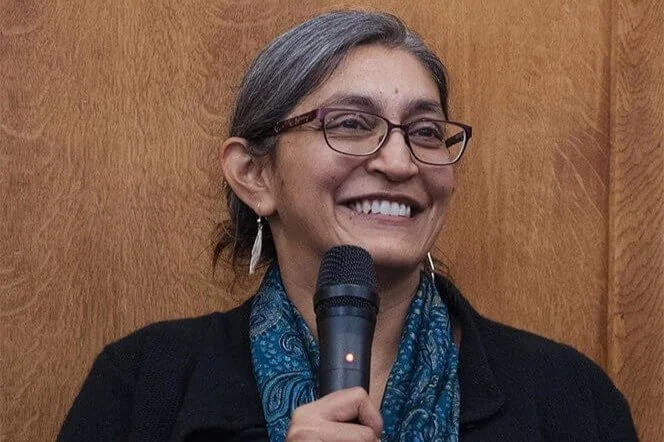
-
“By centering African political and moral theory in Black Atlantic history, Lingna Nafafe makes a key contribution to the history of abolitionism.”
Mary Hicks, Hispanic American Historical Review

-
“In his extraordinarily well researched and carefully argued book, José Lingna Nafafé reveals the important role of Lourenço da Silva Mendonça in the lead-up to the abolition of slavery. Spending years combing through archives, Nafafé not only uncovered that Africans did indeed support the abolition of the slave trade, but that some were remarkably well placed to make a case for it. This is a substantial contribution to our understanding of African intellectual life and moral reasoning.”
John Thornton, Boston University

-
“This book radically challenges the traditional narrative of the British origins of abolitionism, highlights the long-term protest of African rulers against the European slave trade, and studies in a systematic way the abolitionist African movement that created a legal case at the papal courts in the 1680s. It is an excellent book that should be obligatory reading for all historians and students interested in the early modern Atlantic, slave trade, and slavery. The strength of the book lies in the research in the Vatican, Portuguese, Spanish, Angolan, and Brazilian archives, which provides new and extensive information on the case, showing its historical relevance. There are also intelligent references to the interrelated historical context of the Iberian world, while the long-term West Central African rulers’ opposition to the Portuguese slave trade is well analyzed.”
Professor Francisco Bethencourt, King's College London

-
“In this pathbreaking study, José Lingna Nafafé challenges much of what has become accepted about African and Atlantic history. He does so with evidence accumilated during two decades of research in archives in Angola, Portugal, Brazil, Spain, Italy, and the Vatican. By deftly interpreting new and reinterpreting known sources, Nafafé makes several important contributions to the African and Atlantic historiography. ”
Walter Hawthorne, Michigan State University

-
“… this rich, provocative and accurate study raises questions and generously points to many very promising lines of research.”
Michaela Valente, Archivio Storico Italiano

-
“The best books on The History of Angola (pre-20th century), Lourenço da Silva Mendonça and the Black Atlantic Abolitionist Movement in the Seventeenth Century”. “This is an important book. It shakes our current scholarship about the slave trade and abolition. It pushes against scholars who have stressed the role of African elites in participating in the transatlantic slave trade”
Mariana P. Candido, Fivebooks.com Book Recomendations

-
“The resulting depth of its revelatory scholarship, as well as its engagement with the wider historical canon, makes it essential reading for anyone working in the Early Modern Iberian Atlantic world, as well as those interested in histories of abolition and the Black Atlantic more broadly.”
Michael Aidan Pope, Toynbee Prize Foundation
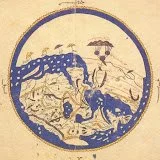
-
“For days I've been riveted by this book, which was recommended by @GKBhambra (thanks!). She is right; this is a milestone! It tells the story of a 17th century Angolan prince who brought a case before the Vatican, detailing the abuses of slavery and seeking to ban the system. Mendonca was at the forefront of a pan Atlantic Abolitionist Movement that sought equal rights also for Indigenous people and ‘New Christian’ (Jewish converts). This movement far predated British Abolitionism and was initiated and led by Africans. Nafafé shows that the idea that there was a slave trade in Africa before the arrival of European is a fiction, inverted to justify chattel slavery.”
Amitav Ghosh, @GhoshAmitav
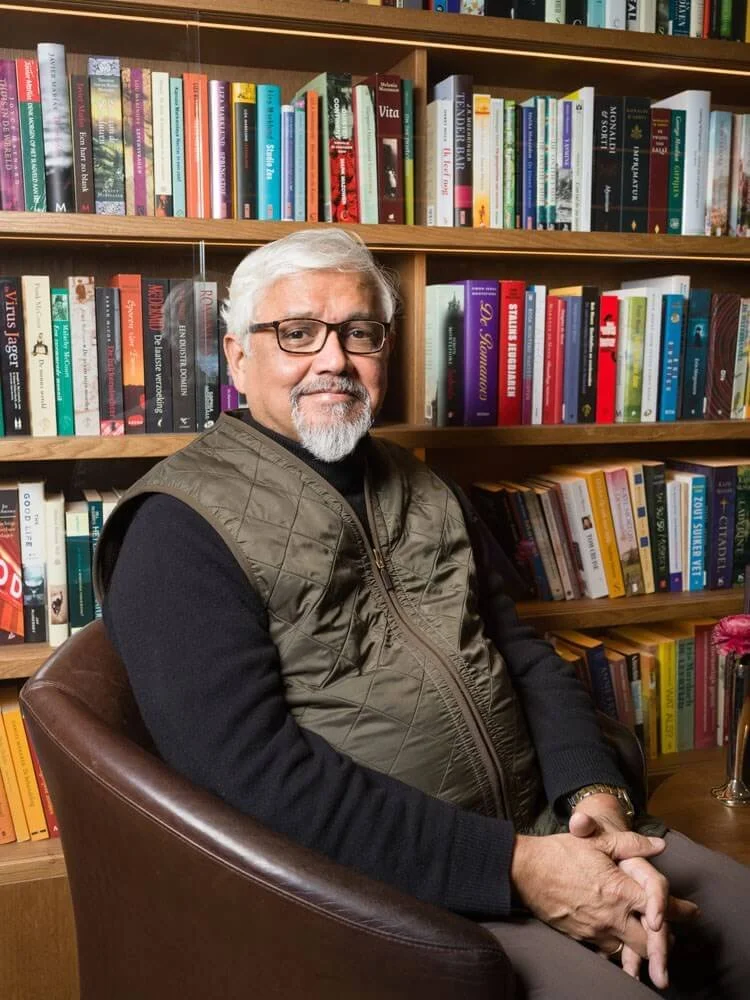
-
“In our High School history syllabus, we are told that the abolition of the Atlantic Slave Trade in the British empire in 1807 came largely as a result of the activism of humanitarians like William Wilberforce, Granville Sharpe, Thomas Clarkson, Hannah Moore who wrote and petitioned against the inhuman trade in Africans. In our history classes, such European activists are put at the centre of the struggle against the obnoxious slave trade. No Africans are mentioned as abolitionists. The only time Africans were mentioned in the fight against slave trade was during violence such as the Amistad Revolt of 1839 by 53 African slaves from The Gambia and Sierra Leone, so well rendered on celluloid by Steven Spielberg. This new historical evidence has come to us through a ground breaking scholarly work by our friend Guinea Bissau historian, Jose Ligna Nafefe, Professor of History at Bristol University, UK. His book titled: ‘Lourenco da Silva Mendonca, and the Black Atlantic Abolition Movement’ is published by Cambridge University Press, 2023. I have just finished reading the 500-page tome, a magnum opus on the African agency in the abolition movement against the obnoxious trade in human beings. History teachers, please take note and revise your notes accordingly.”
Hassoum Ceesay, The Standard Newspaper | Gambia
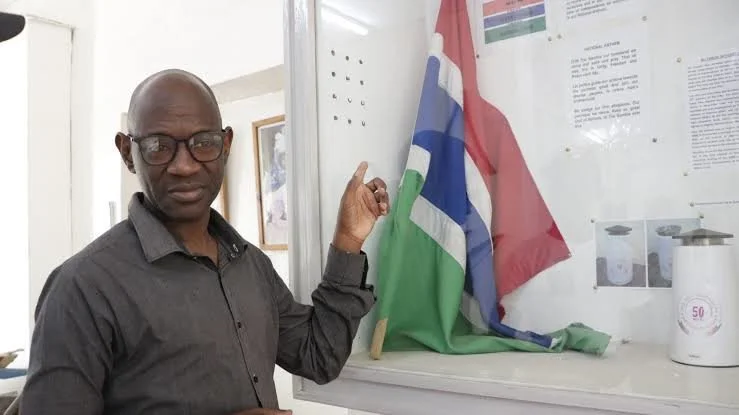
-
“Africa is often presented as a site from where people were taken, but otherwise accorded little agency in the momentous events that are seen to have shaped the modern world. In a meticulously argued and powerful new book, Jose Lingna Nafafe makes a compelling case for the legal and moral arguments against slavery to have been initiated a century earlier - in the seventeenth century - and from Africa, and not Europe.”
Gurminder K. Bhambra, Slavery & Abolition

-
“José Lingna Nafafé's groundbreaking book, Lourenço da Silva Mendonça and the Black Atlantic Abolitionist Movement in the Seventeenth Century (2022) discusses newly discovered documents, particularly those relating to Antonio Bezerra Fajardo, a judge sent to Angola by the Spanish Crown in 1624 to investigate the ‘just war’, the payment of the royal tax and the legality of the captivity of enslaved Africans. Fajardo concluded that the creation of Angola, the settlement and the port of Luanda were carried out under a violent regime of imposition by the Portuguese. Nafafé provides a new interpretation of the concept of kitanda (local markets in Mbundu), which were not devoted to the sale of the enslaved, further substantiating his argument about the absence of slave trading markets before the arrival of the Portuguese.”
Paola Vargas Arana, Slavery & Abolition


